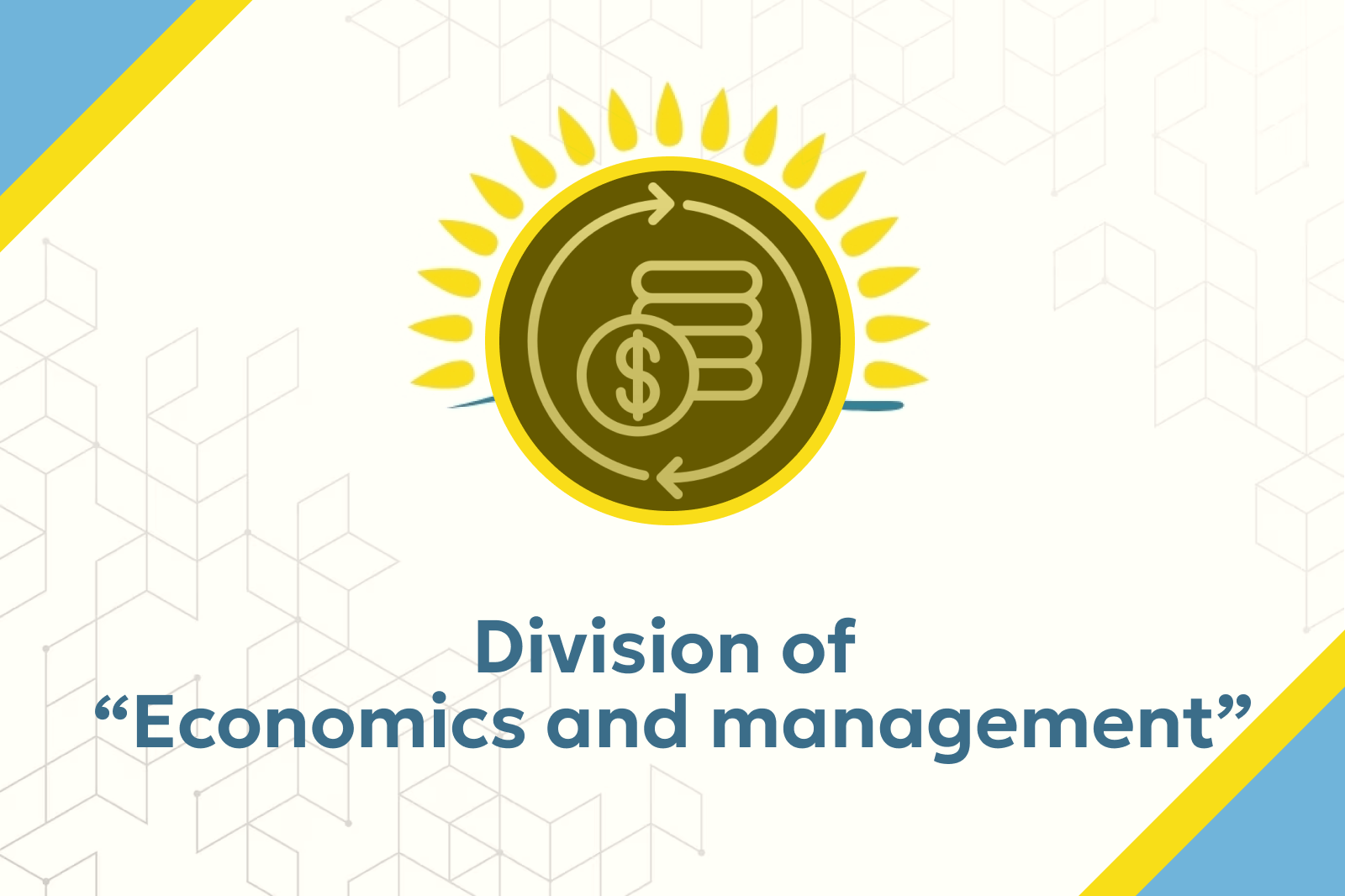
University (81)
Advisor to the Rector

Urgenishbekov Aitmaganbet Tursynbaevich
Candidate of Technical Sciences, Associate Professor
тел.: 8 777 251 03 86
e-mail: This email address is being protected from spambots. You need JavaScript enabled to view it.
- Published in University
- Written by Shax
- Add new comment
Material and technical base
The main goal of the University is to provide fundamental and applied education, to foster the need for continuous professional self-development, on the basis of humanistic positions to form a spiritually, intellectually and physically developed personality, characterized by high creative potential and capable of reproducing the good.
The educational buildings of the University have modern laboratories, training rooms, classrooms. Specialized classrooms are equipped with appropriate computer and other necessary equipment. There are also reading rooms, electronic reading room, two gyms, student hostel, canteen, medical service center.
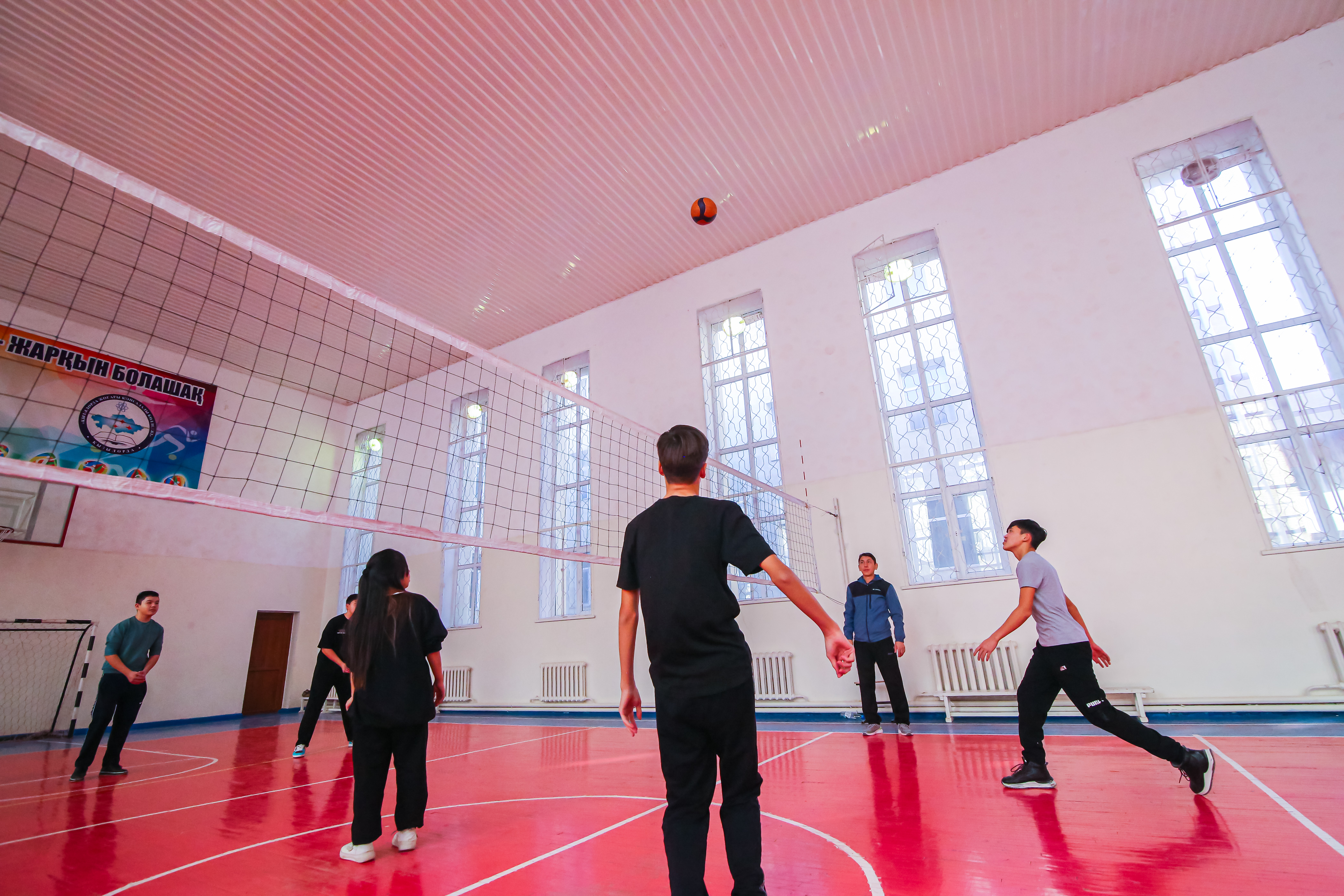 |
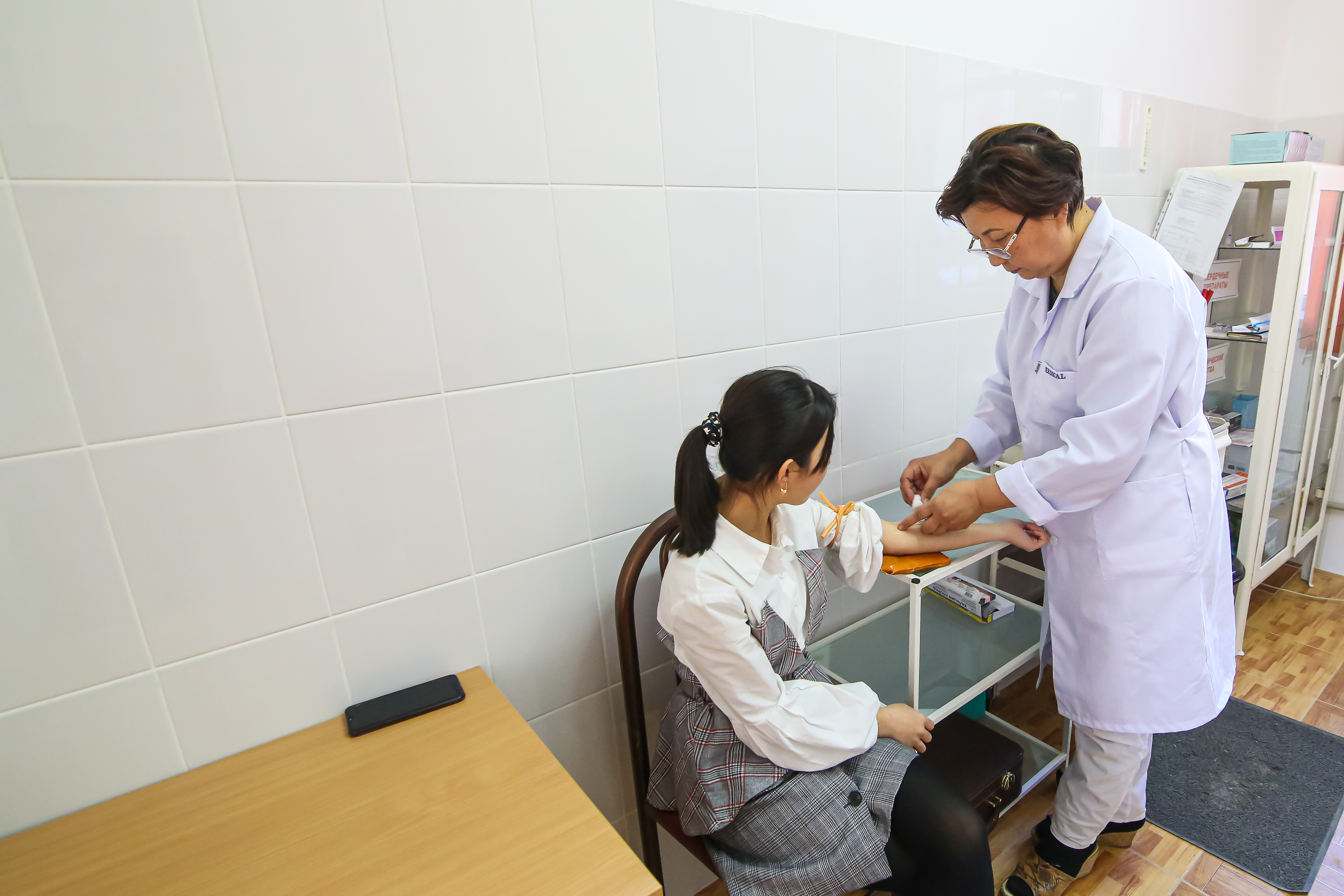 |
The educational activities are carried out by the departments: “Pedagogy”, “Law and Service”, “Economics and Management”, “Engineering Technologies”
In order to increase the efficiency of students' independent preparation for classes, 4 computer classes hooked to the Internet have been put into operation at the University:
- General computer class connected to the network with internet access;
- Computer class for engineering and technical specialties;
- Computer class for computer science and computer technology basics;
- Computer class for computer design.
The university provides privileges for disabled students, full orphans, partial orphans; also privileges are provided to excellent students, activists and applicants who scored maximum points on certificates. Tuition fees do not change during the period of education.
The library and reading rooms are provided with textbooks and study aids necessary for students. The book fund of the library is more than 200 000 copies.
The university has all the necessary conditions for physical training and artistic creation. The University has 3 academic buildings, a student canteen for 100 seats, a hostel for 50 seats, a conference hall for 200 seats.
The health of students is under constant control: students undergo medical examination in a specially equipped medical room according to the schedule.
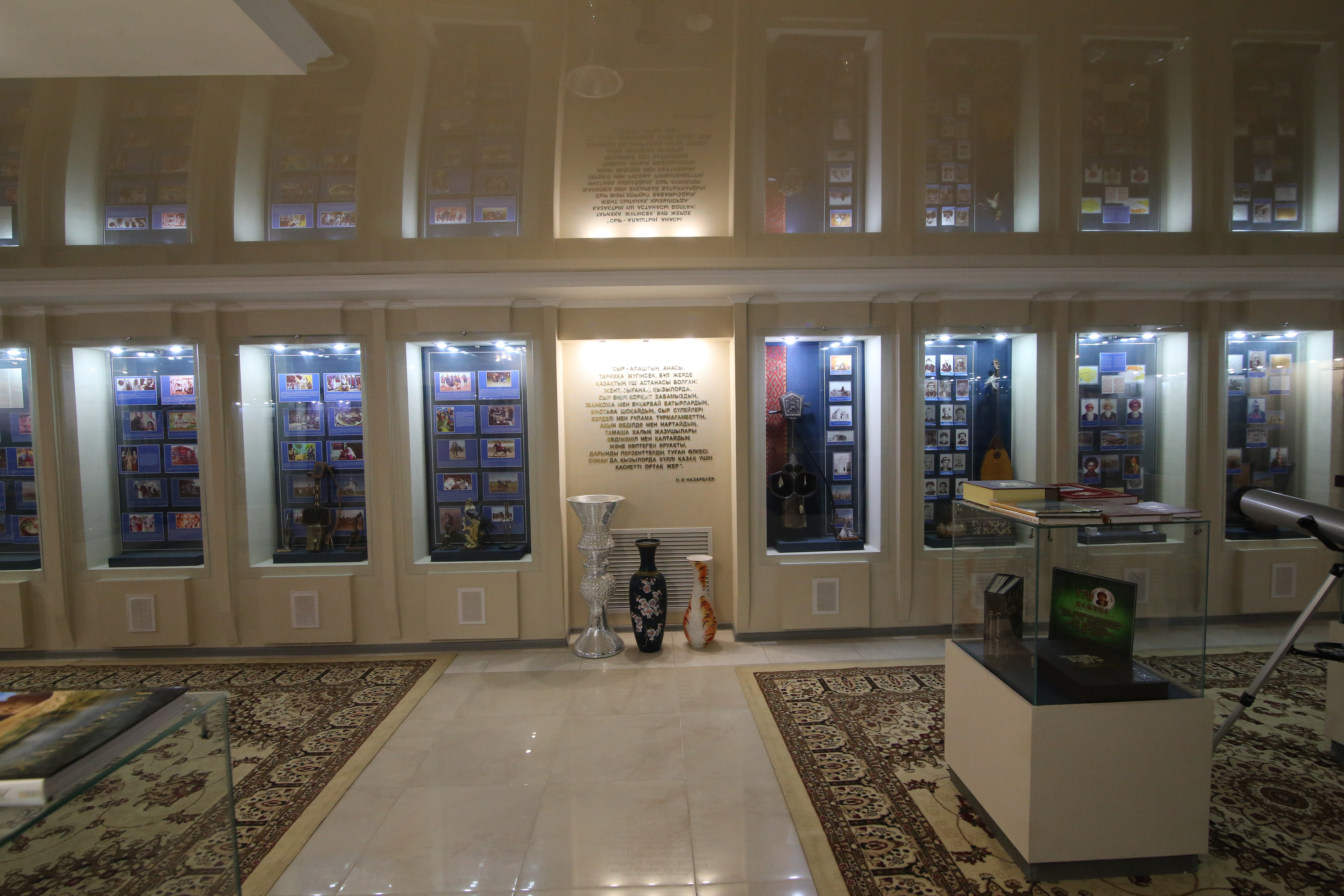 |
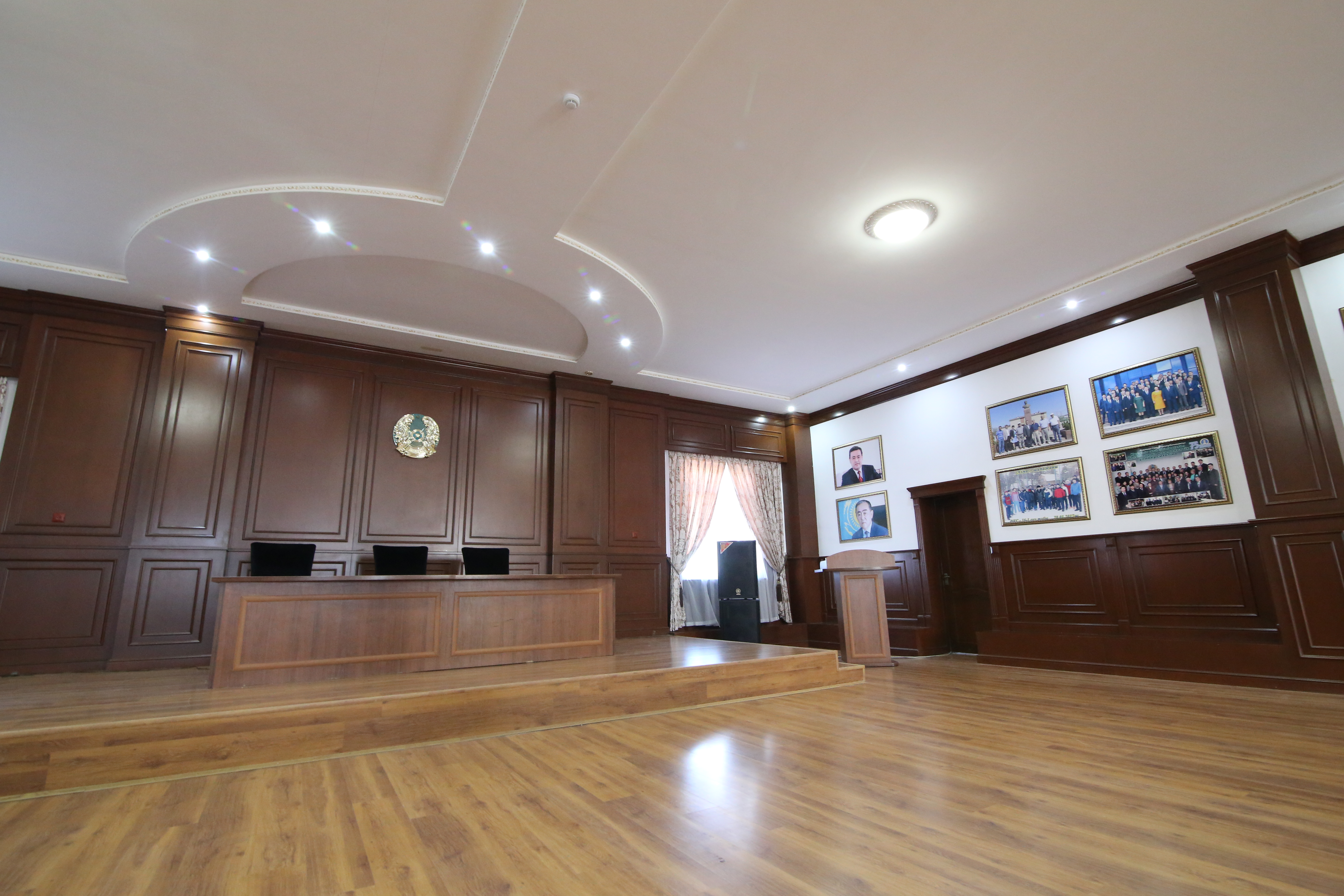 |
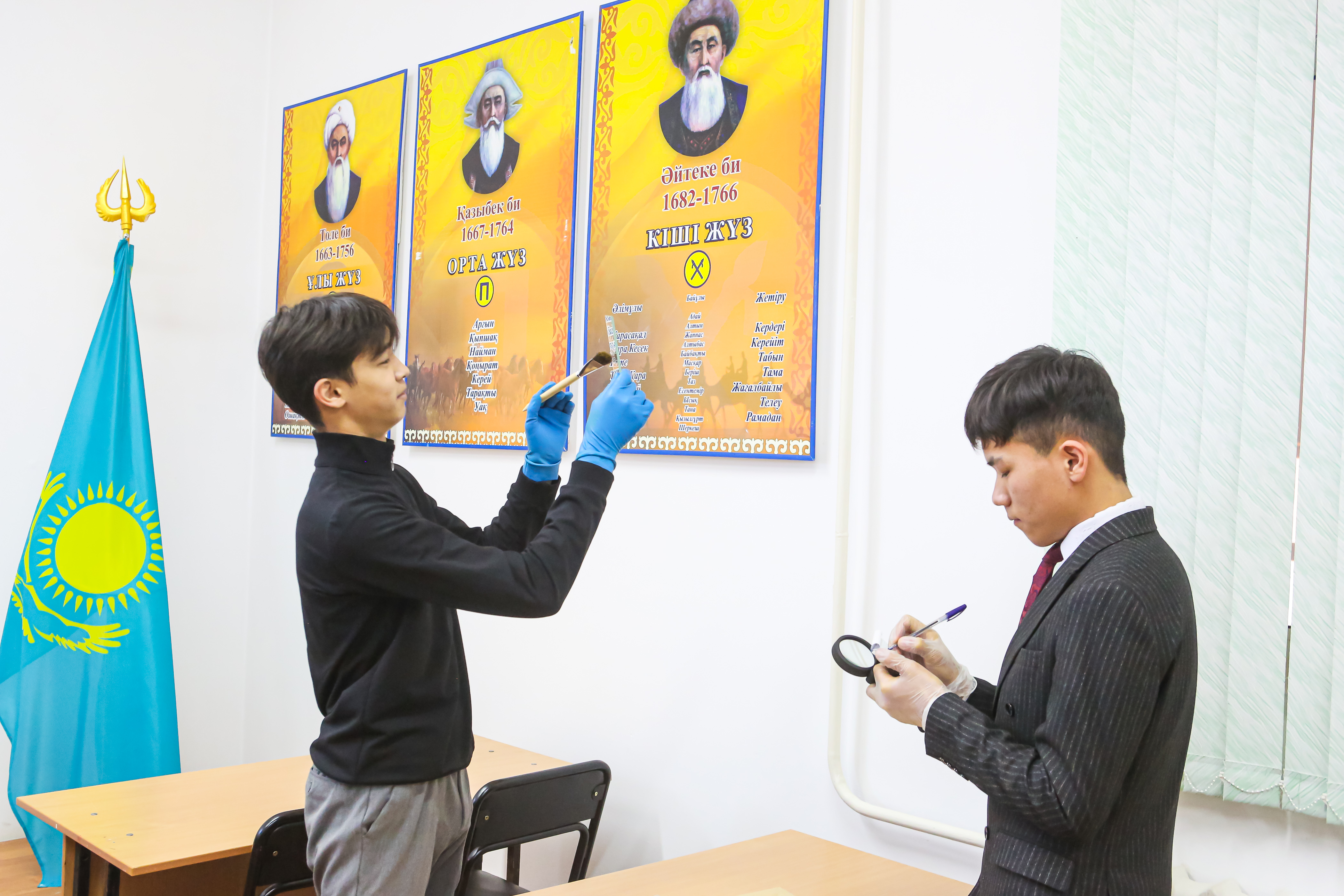 |
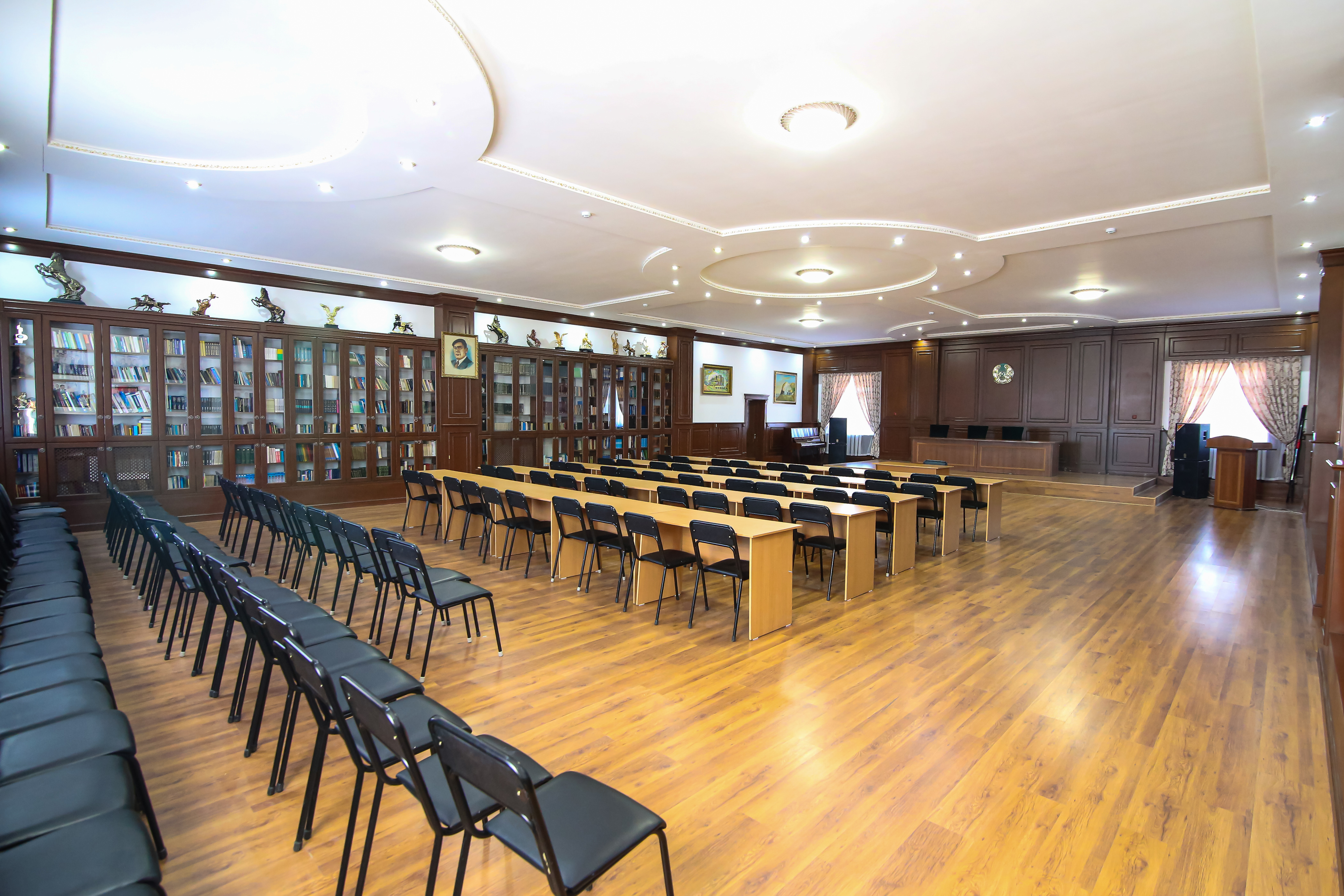 |
 |
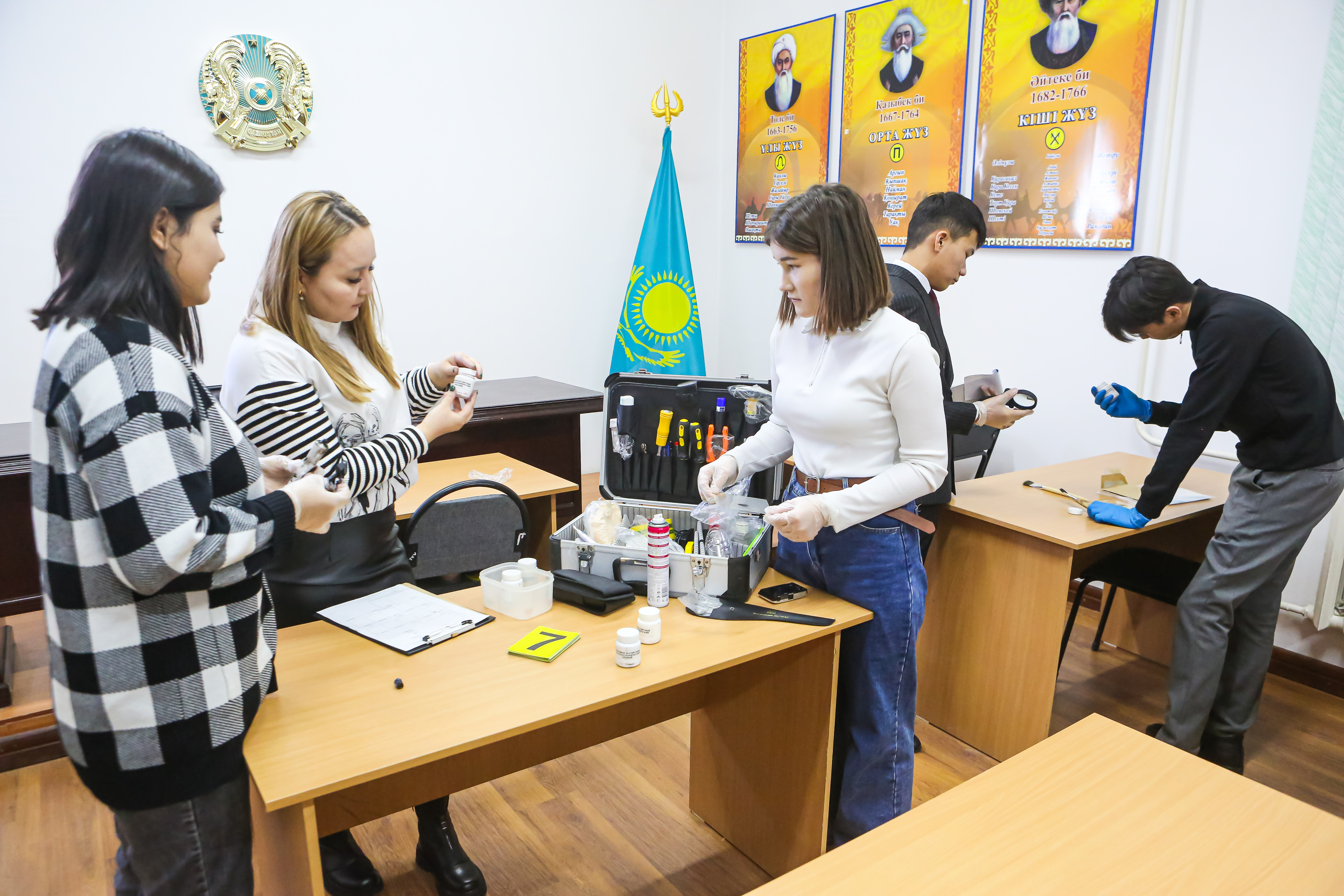 |
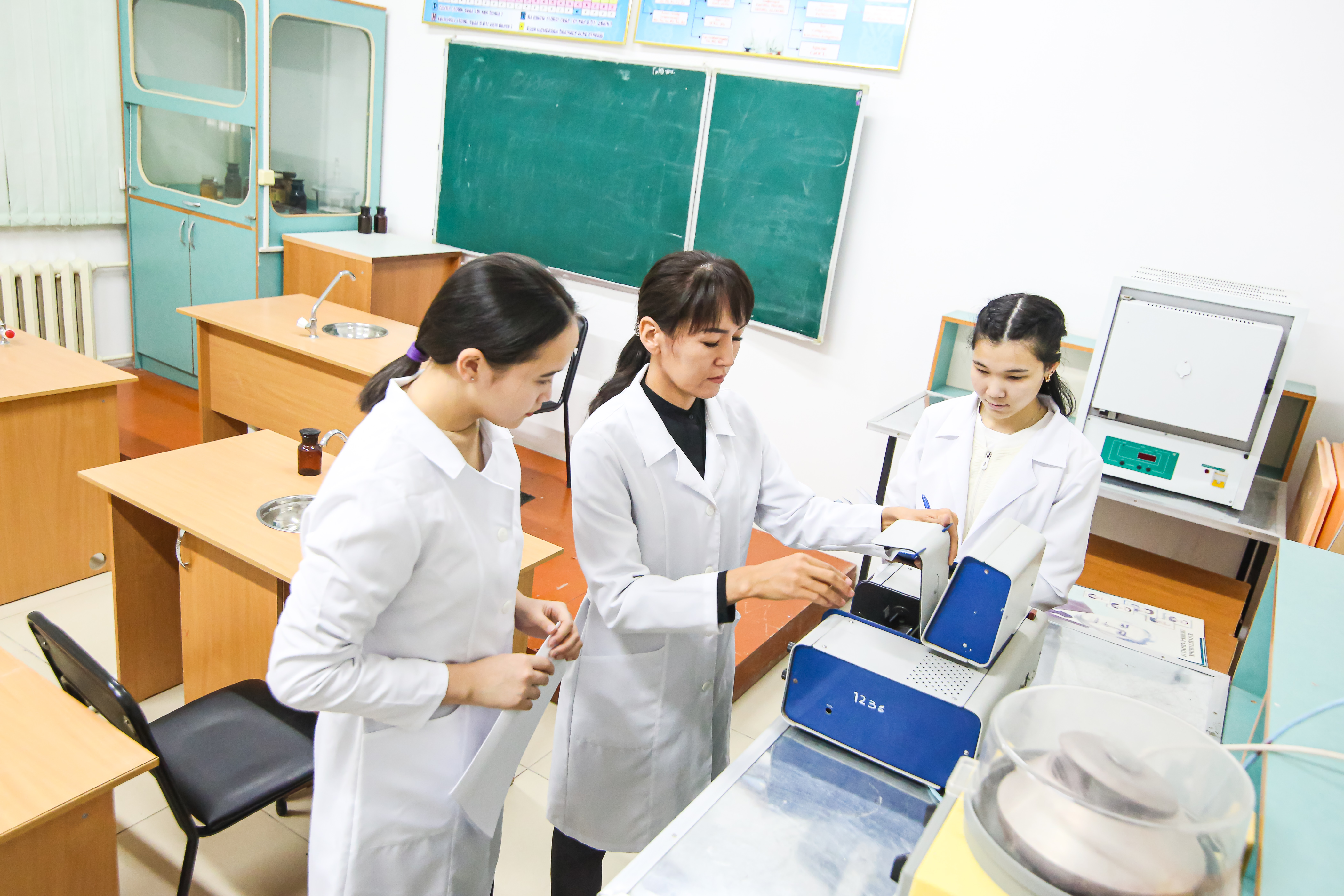 |
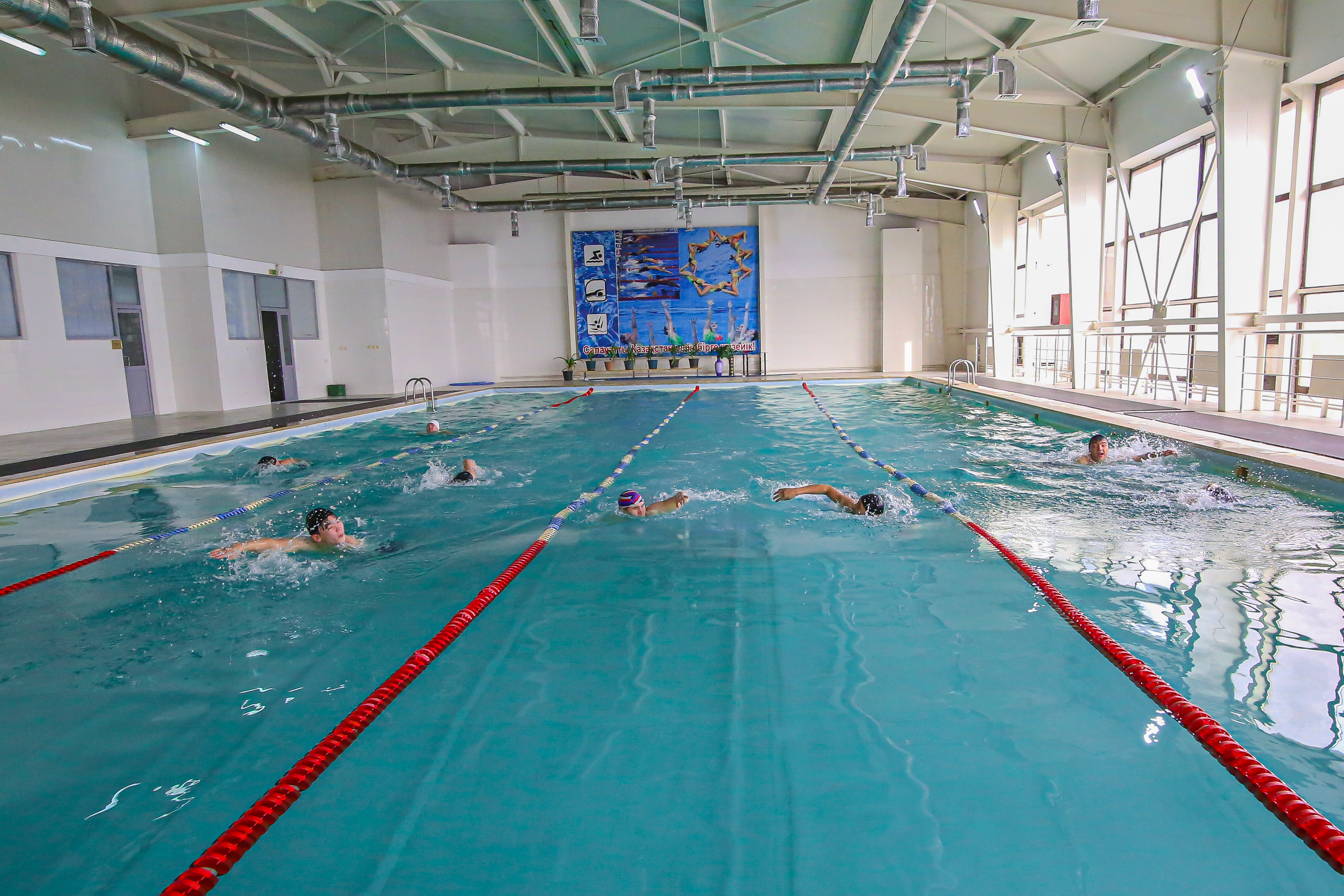 |
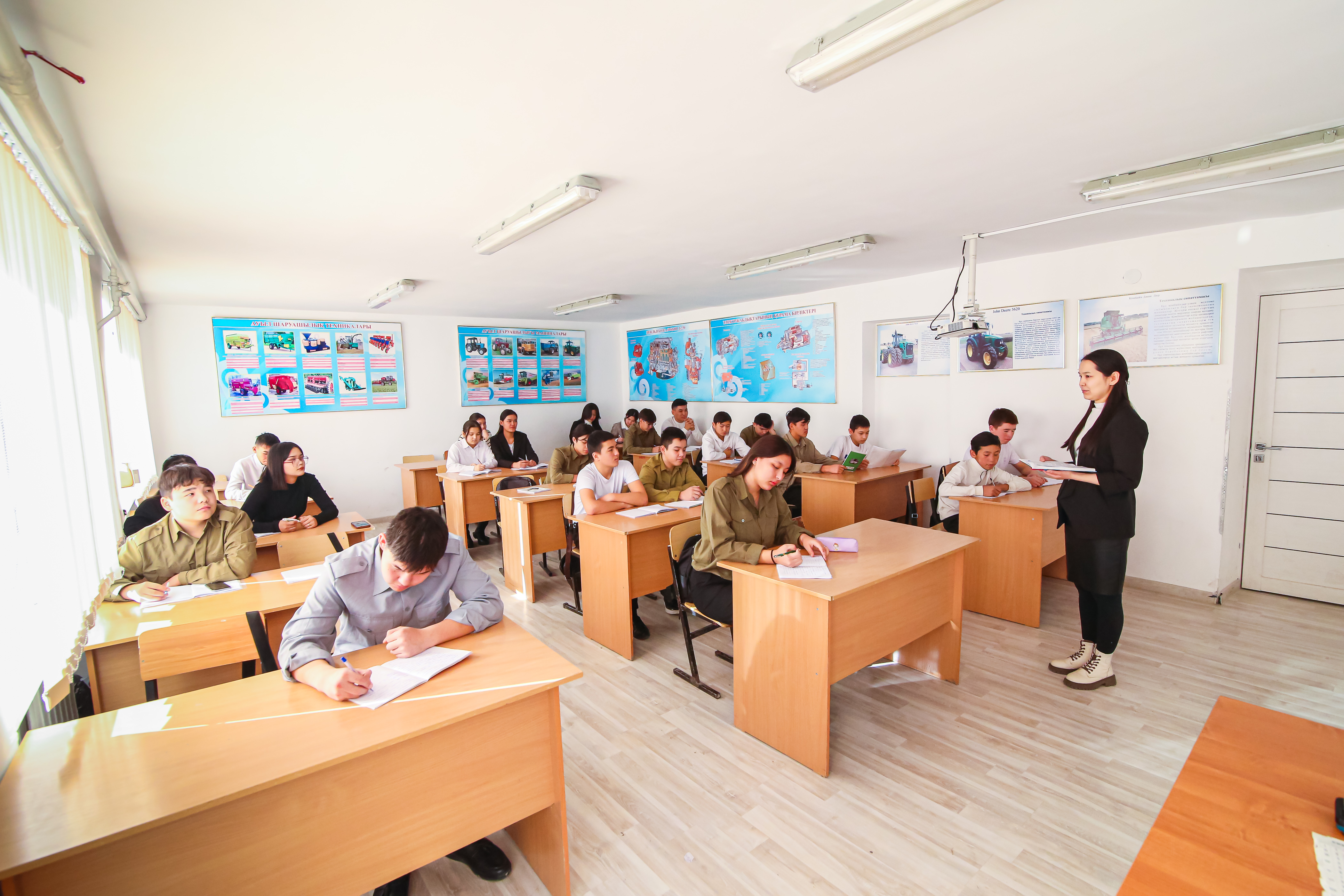 |
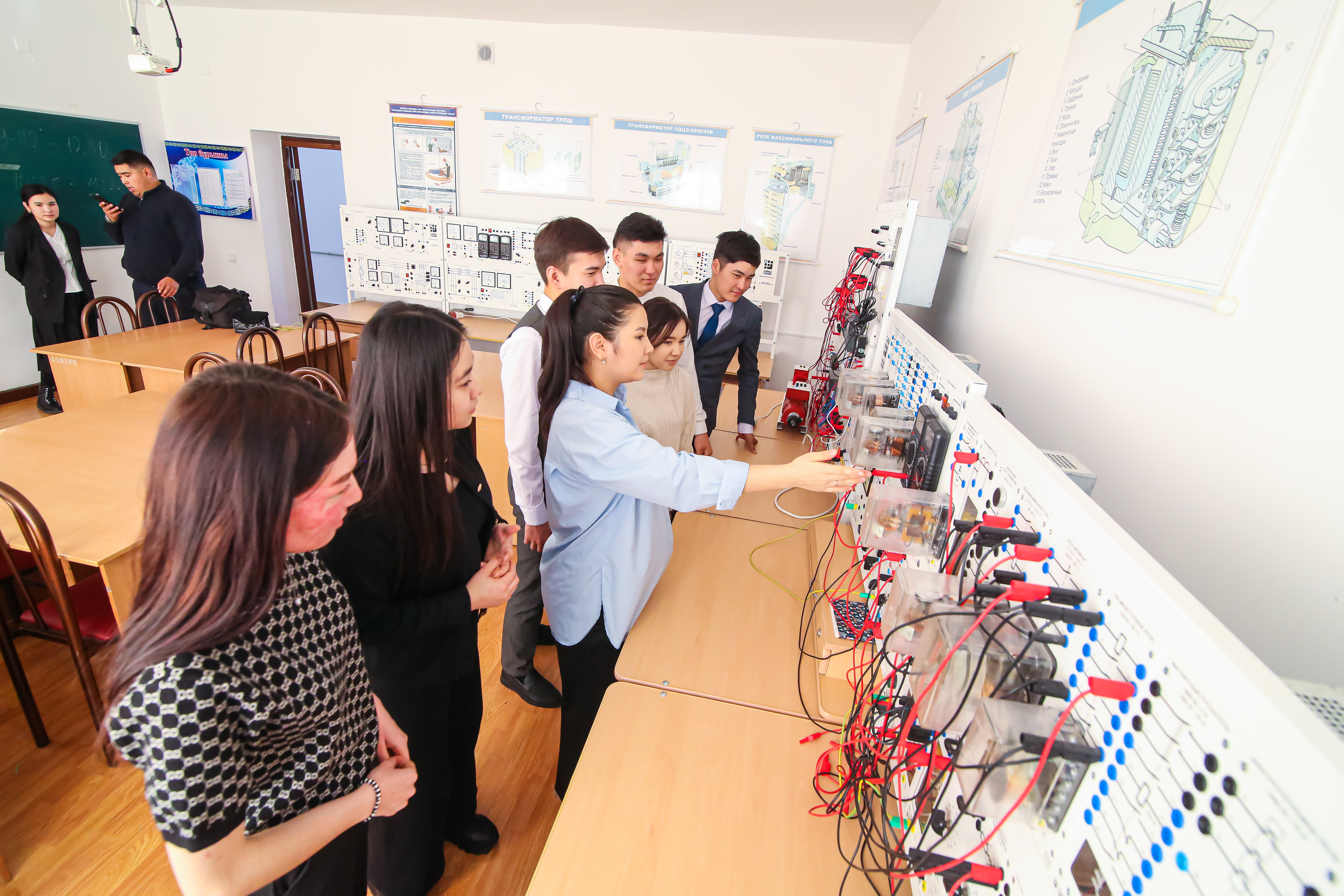 |
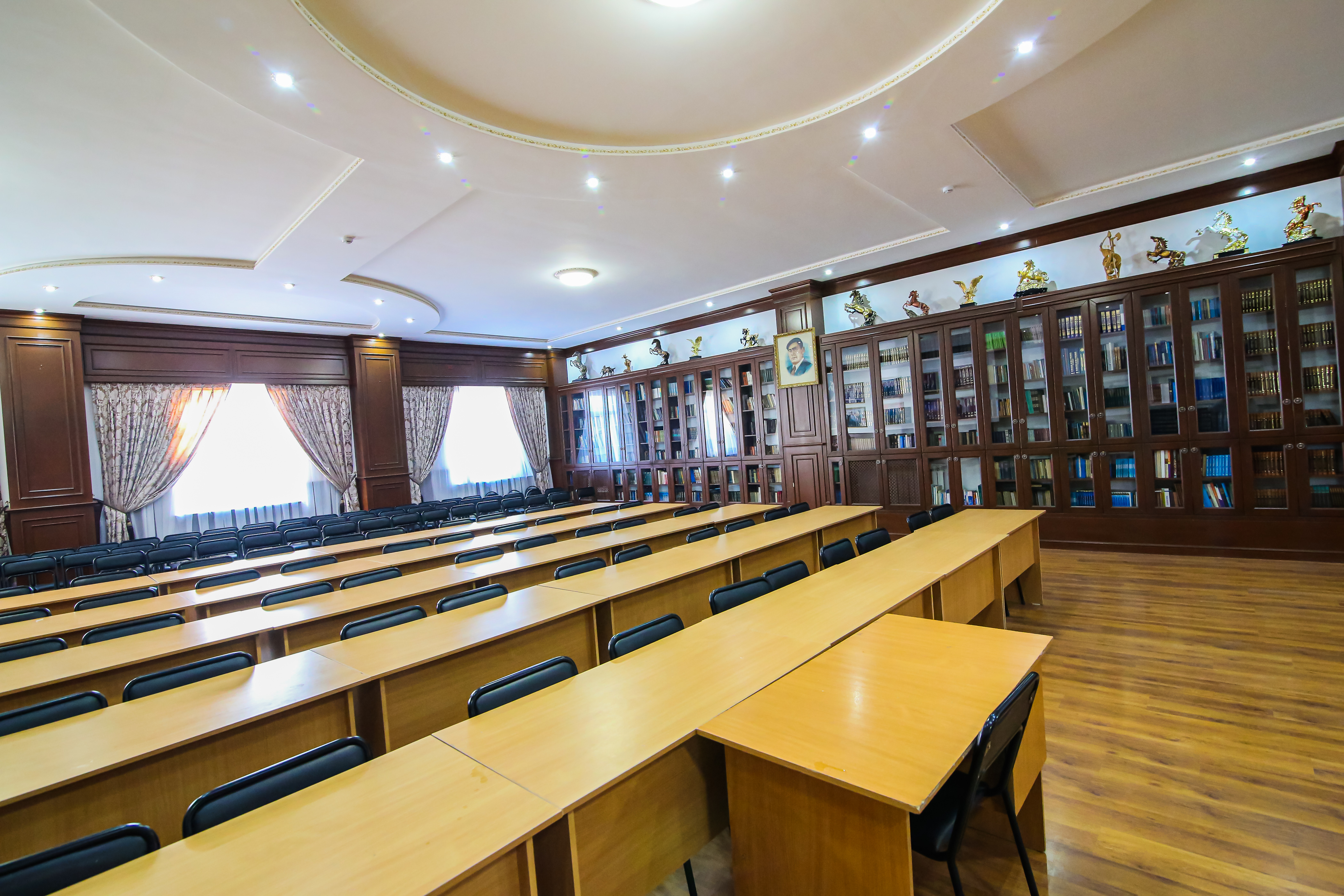 |
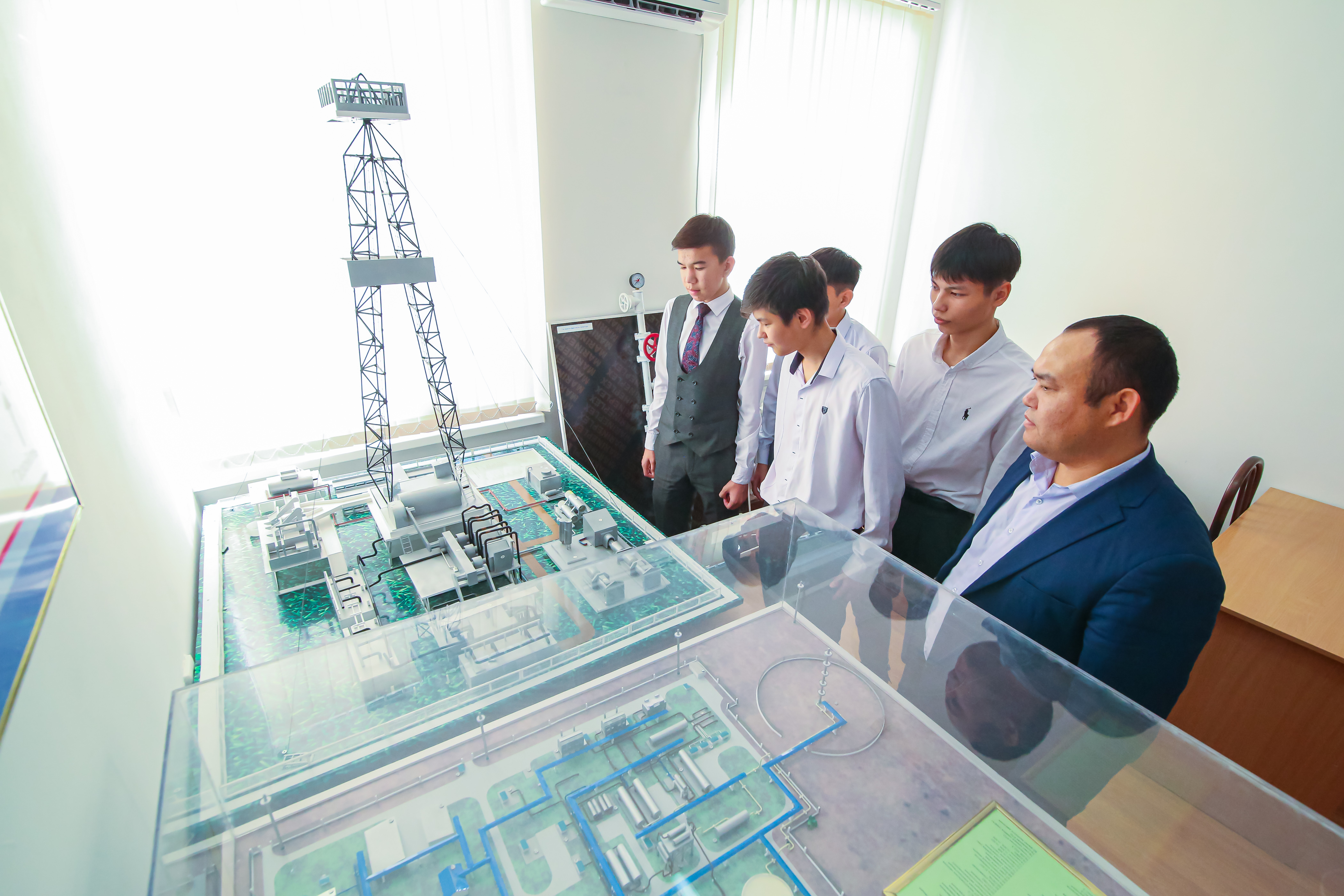 |
- Published in University
- Written by Shax
- Add new comment
International communication
Educational institutions that are members of the International Association of Open Universities:
- Published in University
- Written by Shax
- Add new comment
About Dormitory
The dormitory has all the conditions for students to stay. The dorm rooms are designed for 2-3 people and are equipped with furniture necessary for classes and recreation.
- Published in University
- Written by Shax
- Add new comment
Youth Affairs Committee
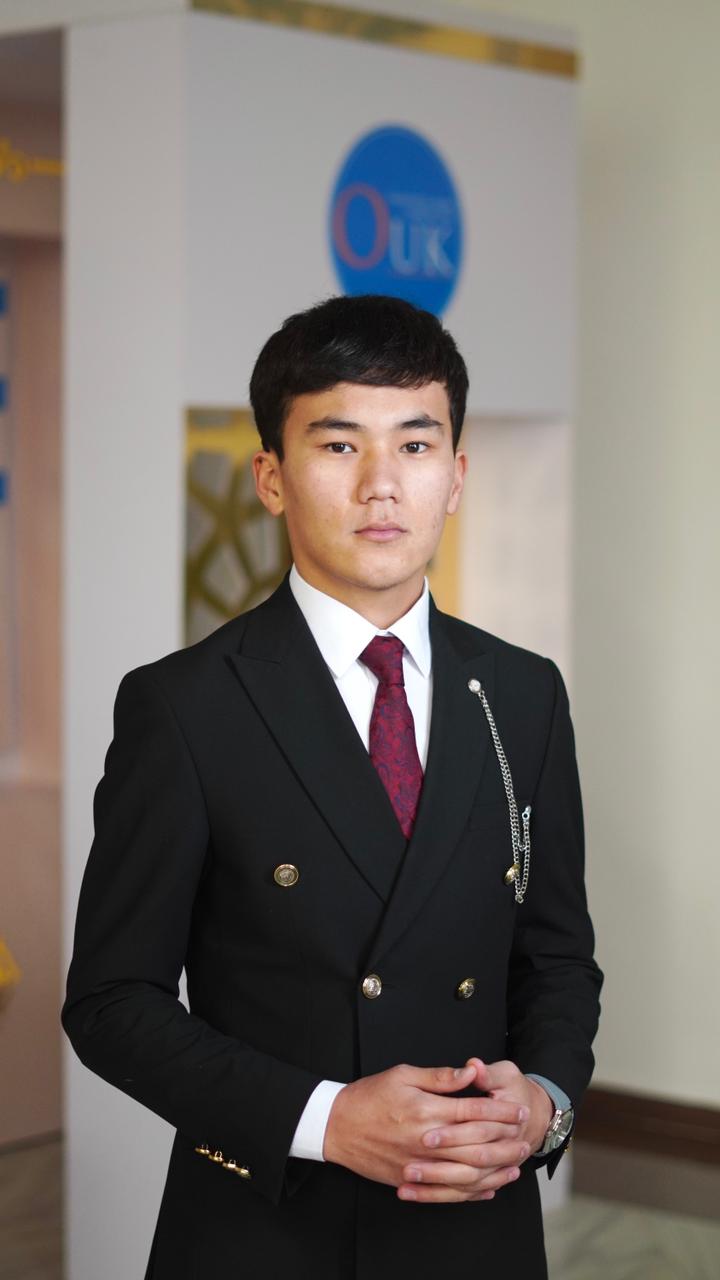 |
To participate in solving problems in the lives of students, develop their social activity, and support the social positions of youth, a youth affairs committee has been created at the Kyzylorda Open University. It operates on the basis of the “Regulations on the Youth Affairs Committee” and is a permanent authorized body of students. The work of the committee is supervised by the chairman, Magzhan Meyrambekuly. Goals and objectives of the youth affairs committee are:
direct participation of students in the implementation of youth policy. |
| Аты-жөні: | Байланыс нөмірі: | Атқаратын қызметі: | Суреті: |
|
Хамит Аяжан |
87711423407 | Жастар ісі жөніндегі комитет төрағасының орынбасары | |
| Бақытжан Медет |
87763378516 |
«Театрлық қойылым» ұйымының жетекшісі | 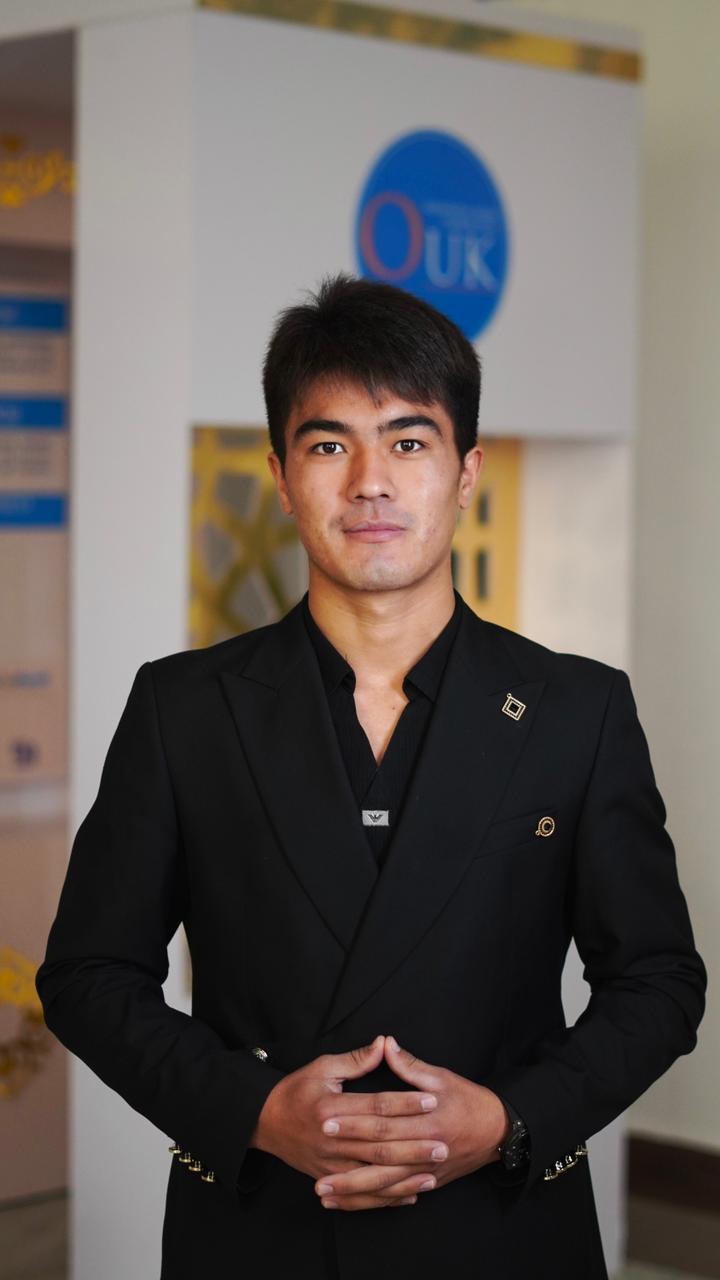 |
|
Бейбітқызы Анель |
87051893608 | «Жастар рухы» ұйымының жетекшісі | 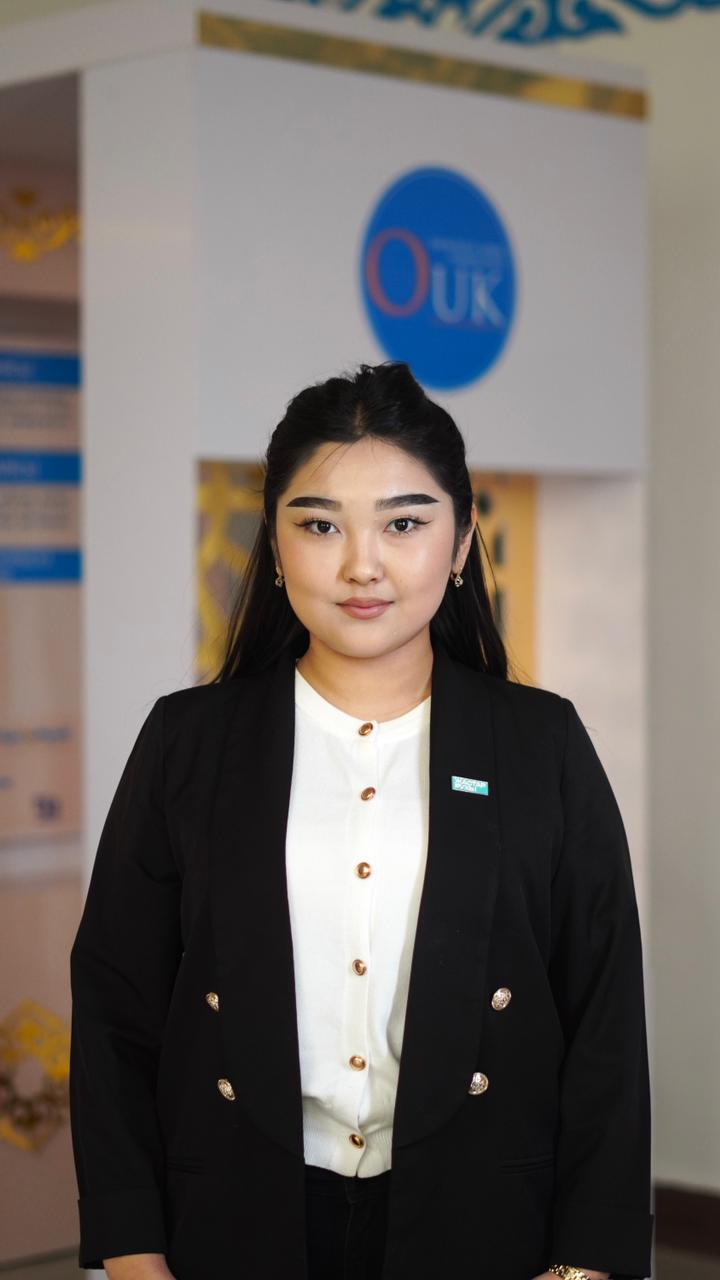 |
| Мұқтарқызы Аяжан | 87779145513 |
«Ұшқыр ой» дебат ұйымының жетекшісі |
|
|
Сейсенбаева Гүлзаийда |
87055098506 |
«VocalArt» ән ұйымының жетекшісі |
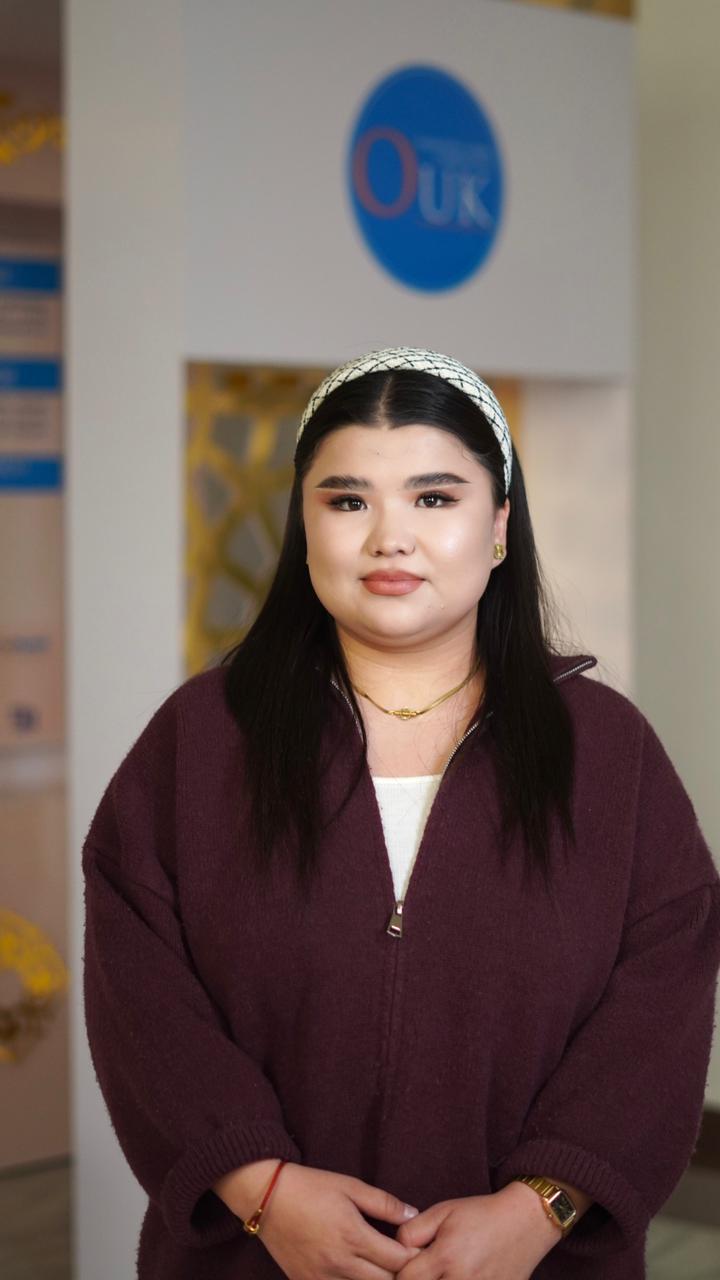 |
|
Қыдырәліқызы Назайым |
87768733011 |
«Femme Flow» би ұйымының жетекшісі |
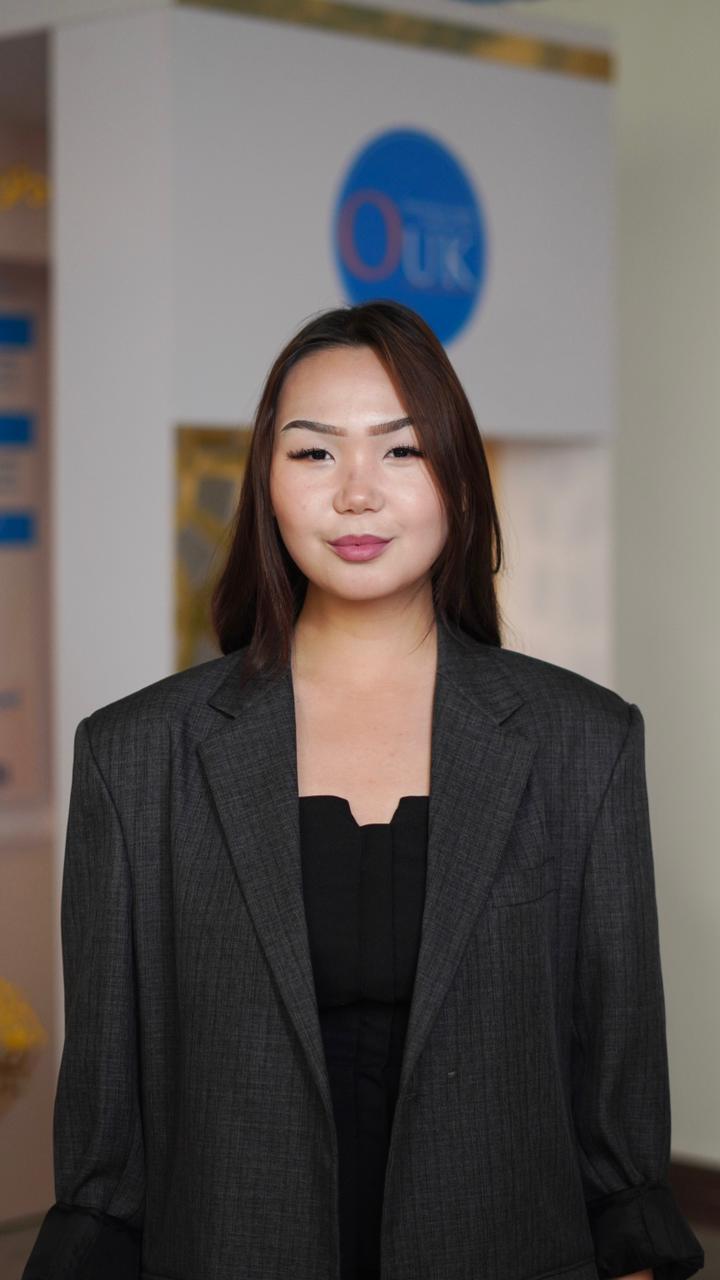 |
|
Утаралы Жансая |
87758841813 |
«Femme Flow» би ұйымының жетекшісі |
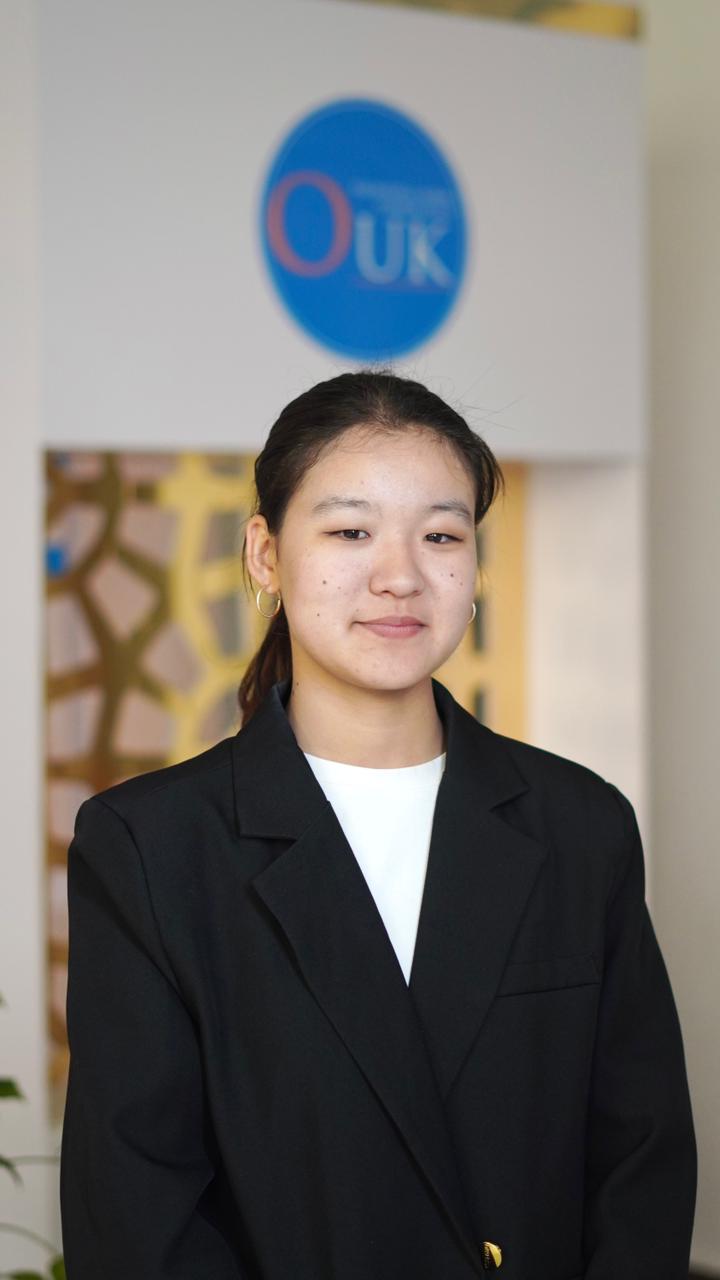 |
|
Кеулимжаева Жансая |
87053852080 |
«Поэзия - жан тазалығы» Поэзия бағытының жетекшісі |
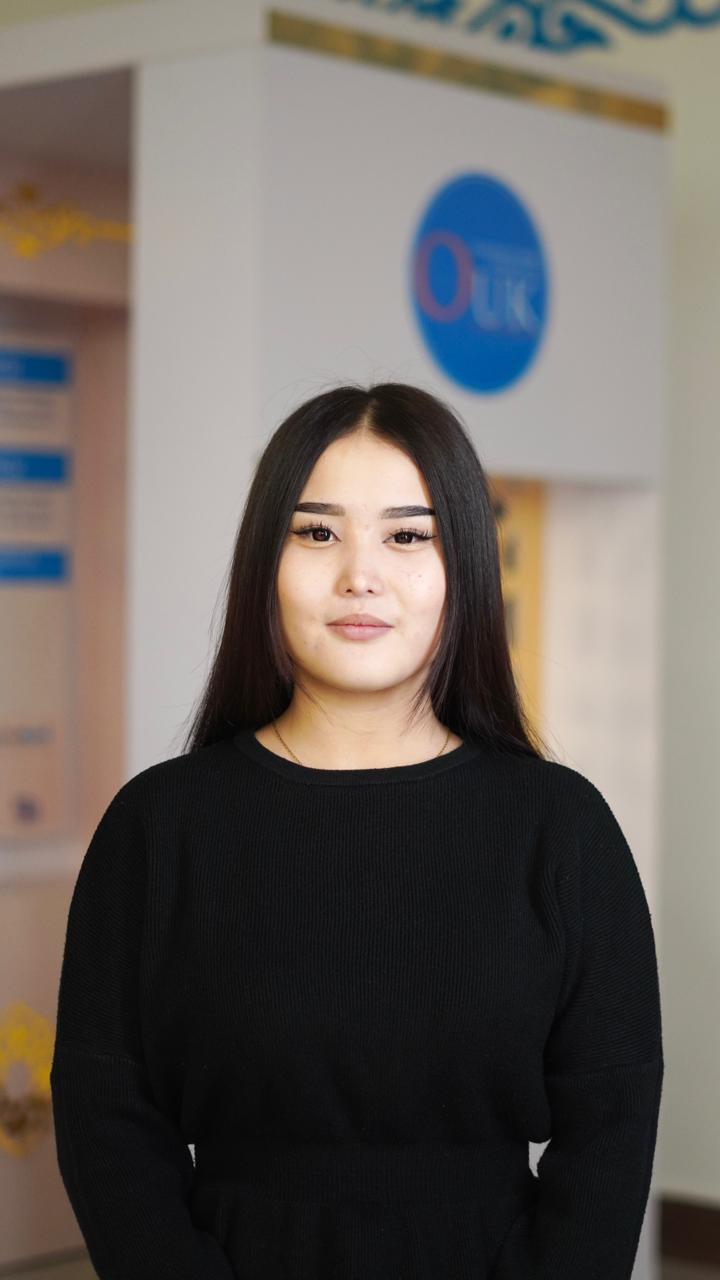 |
| Қосжанова Зейнел | 87783018892 | Жатақхана студенттерінің студенттік төрайымы | 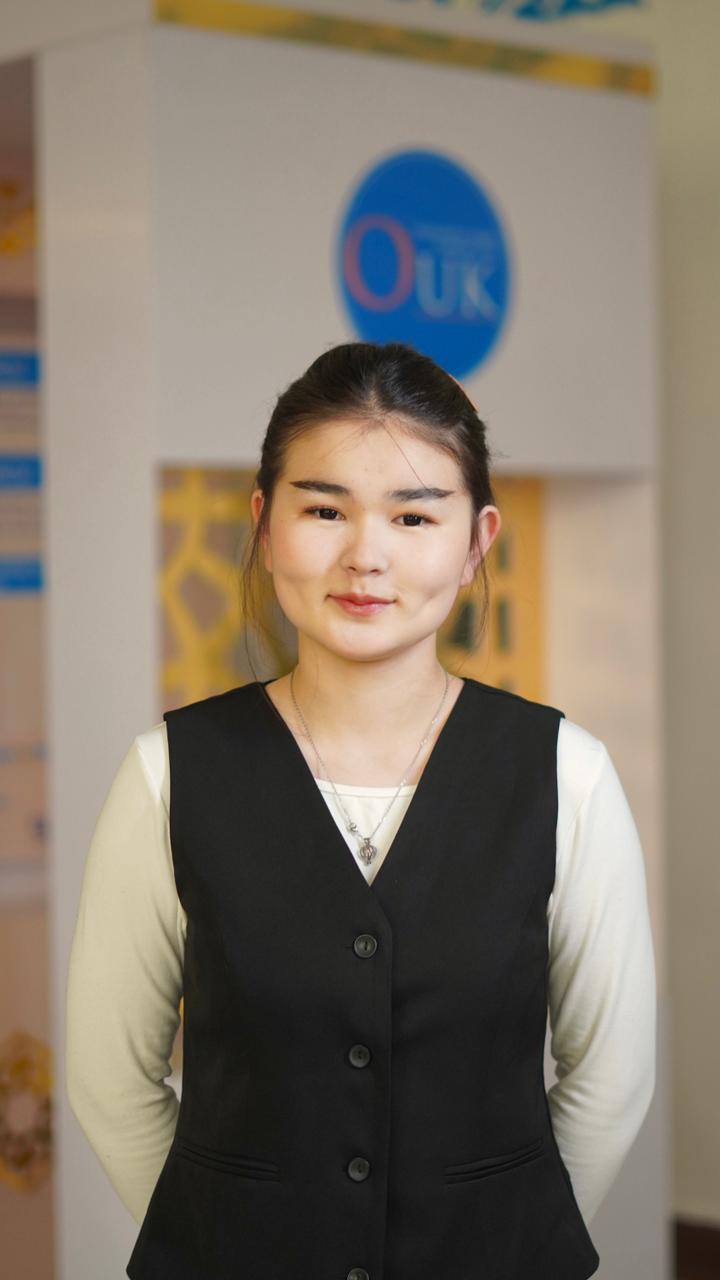 |
| Ғаниұлы Исатай | 87471770985 | Жатақхана студенттерінің студенттік төрағасы | 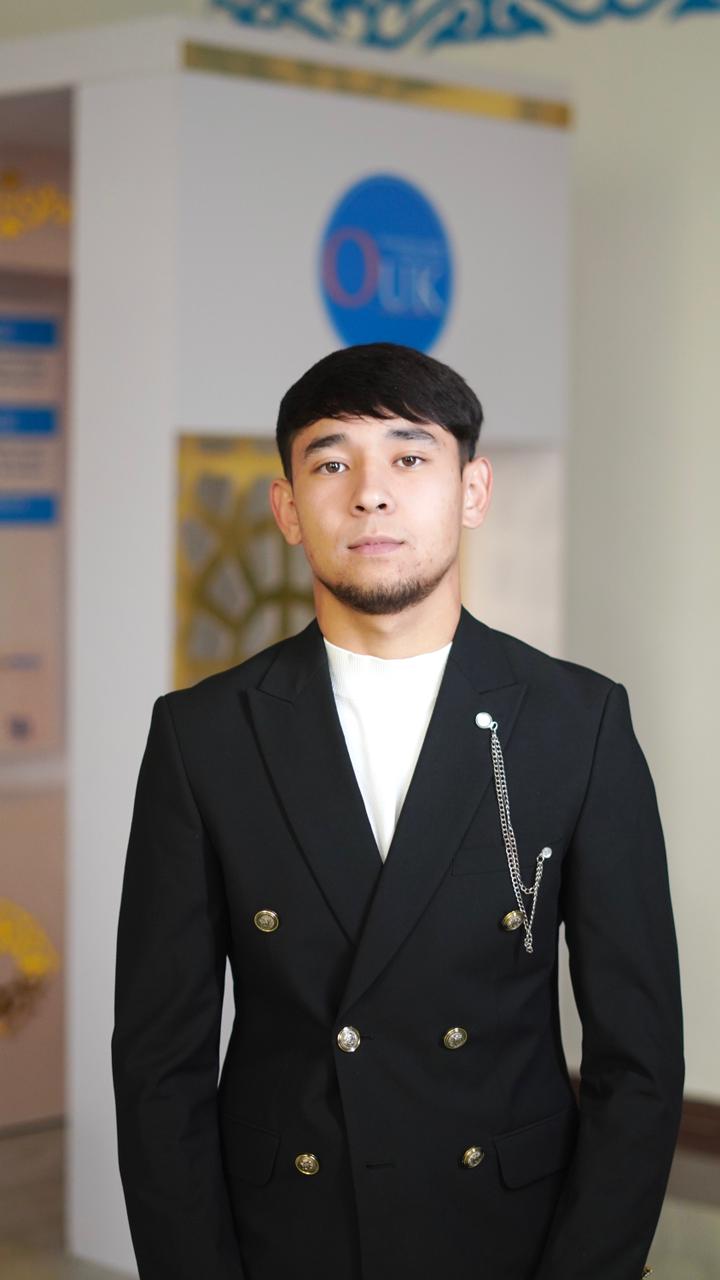 |
| Батырхан Зейнеп | 87715678154 |
«Жарық» Қыздар ұйымының жетекшісі |
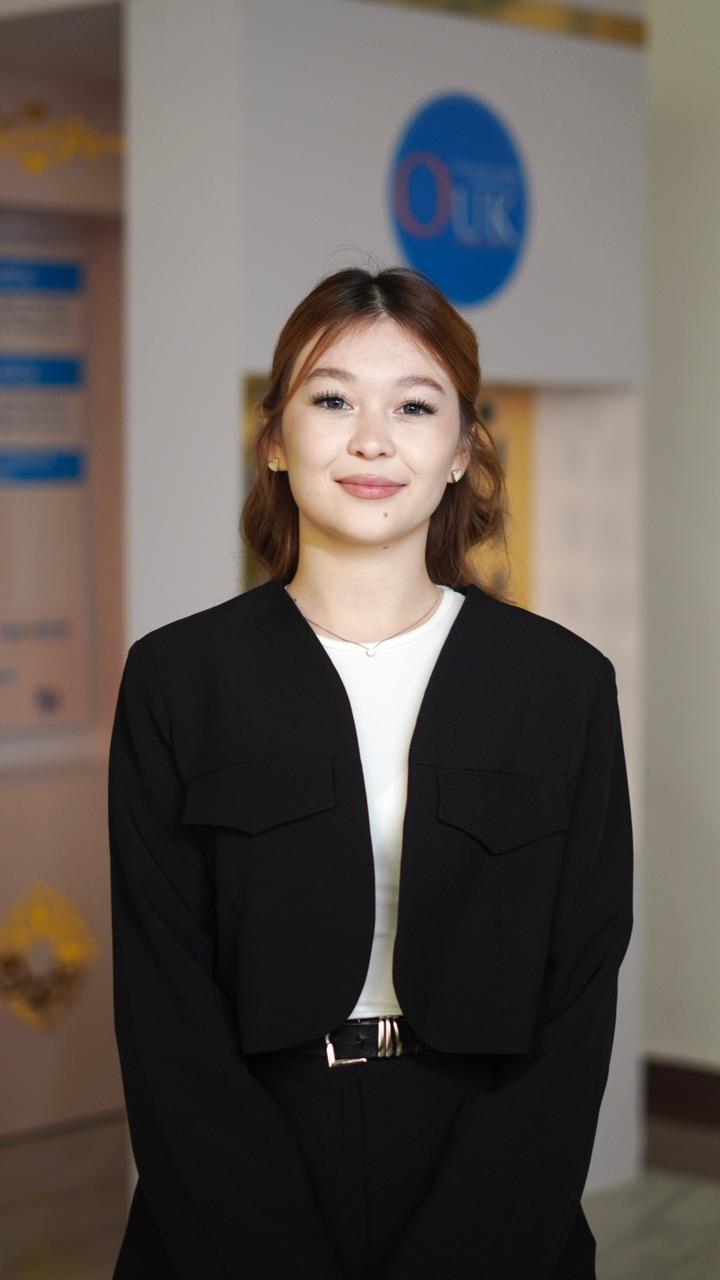 |
| Кенжебекова Жанар | 87476761751 |
«Жарық» Қыздар ұйымының жетекшісі |
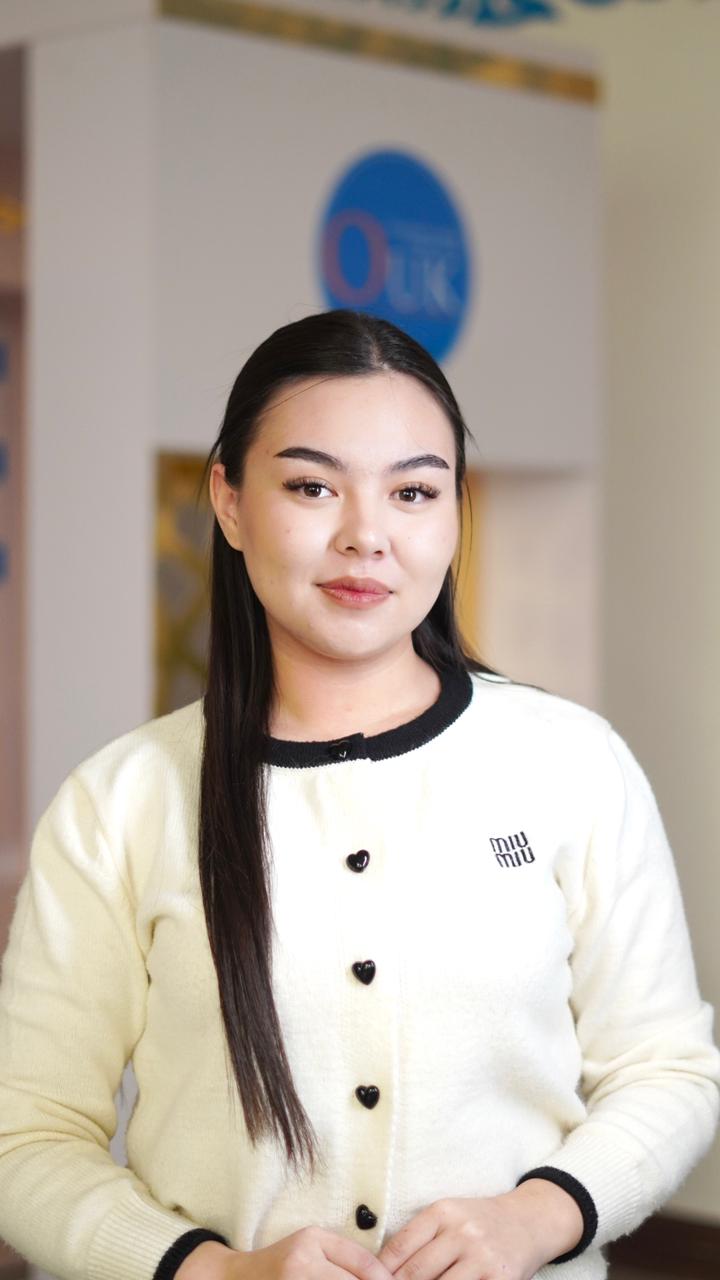 |
| Тағамбай Асия | 87005140508 |
«Зейін» Кітап үйірмесінің жетекшісі |
|
| Орынбасар Нұрқанат | 87058945807 |
Спорт ұйымының жетекшісі |
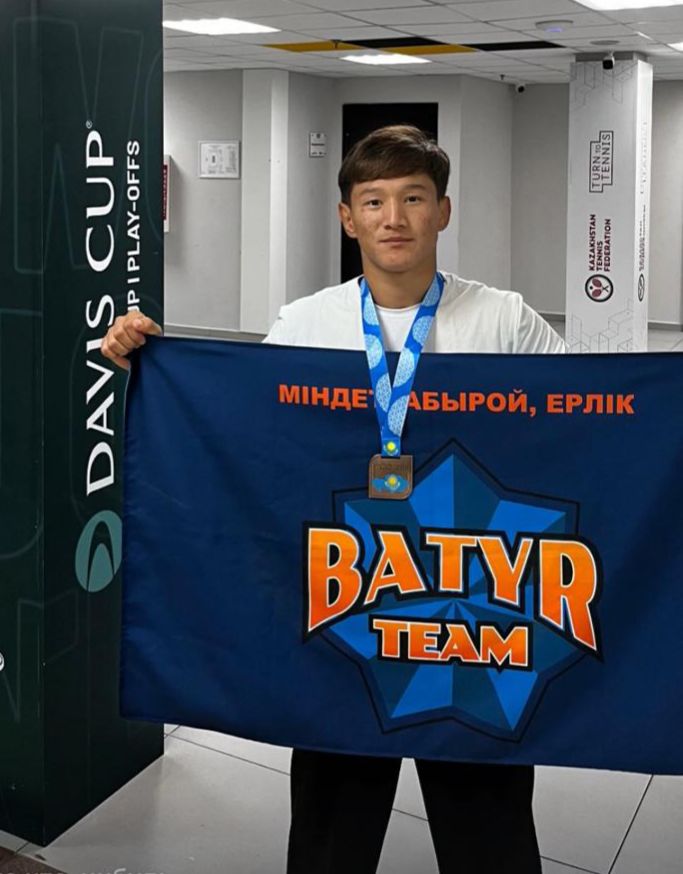 |
| Сембаева Айша | 87781675823 |
Студенттік омбудсмен |
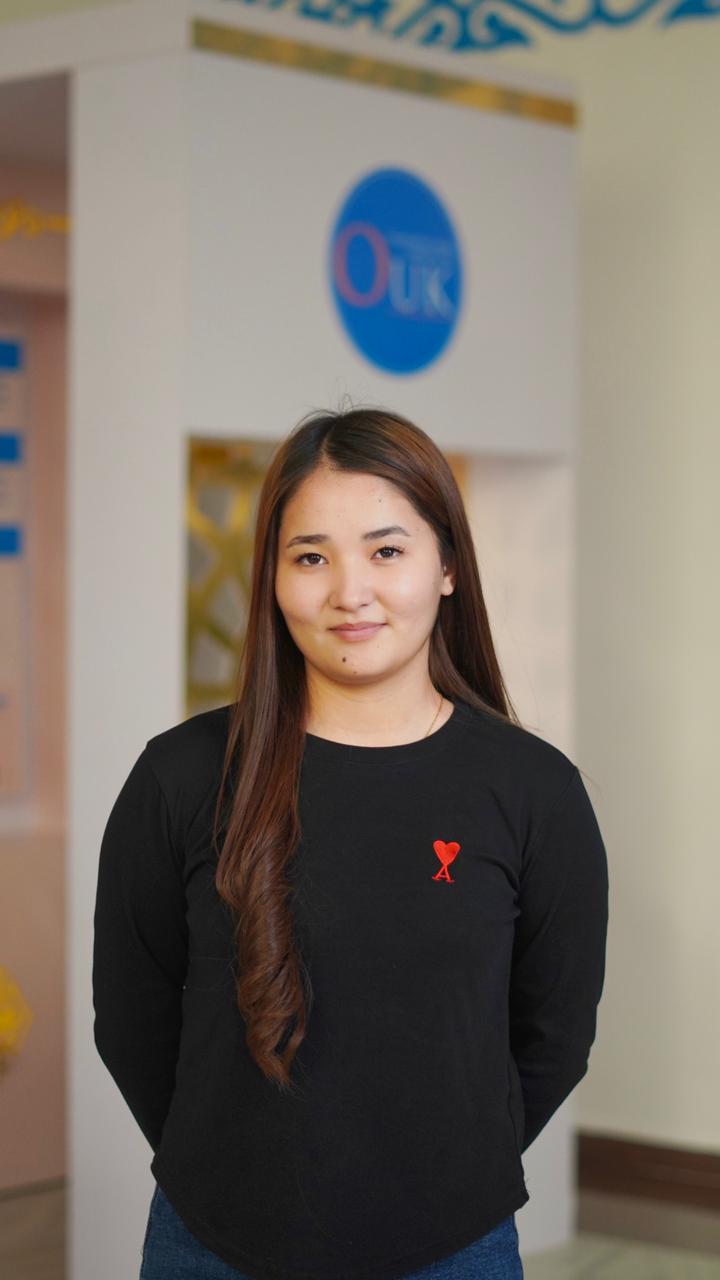 |
- Published in University
- Written by Shax
- Add new comment
More...
- Published in University
- Written by Shax
- Add new comment
- 3 programs in the direction of "Education":
- 1 program in the direction of "Jurisprudence":
- 1 program in the direction of "Art":
- 2 programs in the direction of "Social Sciences, Economics, and Business":
- 4 programs in the direction of "Technical Sciences and technologies":
- 1 program in the direction of "Natural Sciences":
- 4 programs in the direction of "Service provision":
- 6B01408 – Fine arts and drawing;
- 6B01514 – Computer Science;
- 6B01409- Vocational training.
- 6B04246- Jurisprudence.
- 6B02132-Design.
- 6B04141- Accounting and auditing in the real sector of the economy.
- 6B06150- Computer equipment and software;
- 6B07261- Oil and gas business;
- 6B07155-Electric power industry;
- 6B07365- Construction.
- 6B05247-Ecology.
- 6B11380 – Organization of transportation, traffic, and operation of transport;
- 6B11476- Social work
- 6B11111 – Organization of cultural and mass work;
- 6B03231- Library science.
- General computer class connected to a network with Internet access;
- Computer class for engineering and technical specialties;
- Class of fundamentals of computer science and computer engineering;
- Computer-aided design class.
- Published in University
- Written by Shax
- Add new comment
Department of Education and Mass Culture
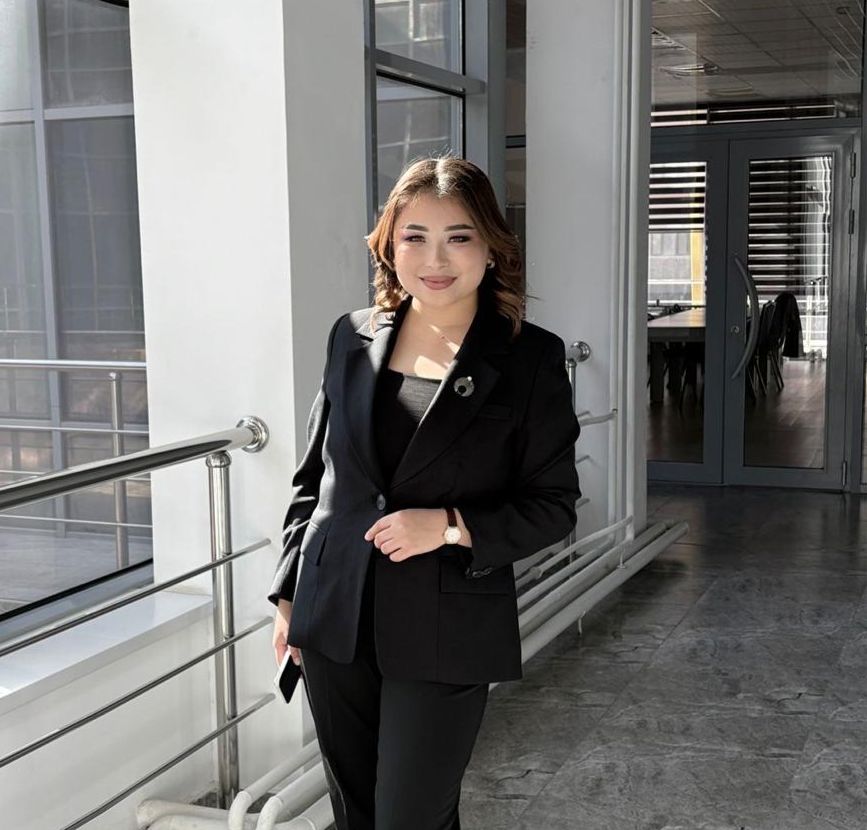
Shynzhyrbay Roza
Head of the Department of Organization of Educational and Cultural and Mass Activities
The department of organization of educational and cultural mass work is a structural subdivision of the University.
The purpose of the department is the organization of educational, cultural and leisure work, aimed at a meaningful and interesting social life of students, the implementation of youth policy.
The priority directions of educational work of the University are patriotic education of youth, formation of culturally and socially responsible personality, education of legal culture, development of social activity, formation of leadership qualities, spiritual and moral education, formation of healthy lifestyle and support of talented youth.
The department manages the work of the student self-government system formed at the university, which is a structure that determines the place, significance and role of youth in the university place, importance and role of youth in the life of the university.
The system of student self-government includes public associations and organizations that conduct various activities at the university.
The activities implemented at the university are carried out through public associations and organizations in the system of student self-government, in particular, the "Committee on Youth Affairs", student groups "Zhasyl El" and "Kurylys", student council of the hostel, volunteer group "Kyran", created to protect public order and prevent offenses among students.
It has become a tradition in the life of student youth to conduct such events as meetings, discussions, show programs, sports competitions, KVN competitions, round table, arts festival "We are looking for talented youth!", competition of funny and resourceful among students of the first year, sports and athletics.
Tel.: 8(7242) 303636
Material and technical base
The main goal of the Institute is to provide fundamental and applied education, to foster the need for constant professional self–development, on the basis of humanistic positions, the formation of a spiritually, intellectually, and physically developed personality characterized by high creative potential and capable of reproducing good.
The structure of the Institute is focused on achieving these goals.
The organizational structure of the University includes a rector, 4 vice-rectors (first vice-rector, vice-rector for academic affairs, Vice-Rector for science and digitalization, vice-rector for international relations), educational and methodological Department, Office of the Registrar of the educational process, Department of the organization of educational and cultural mass work, student Department, Information Technology Department, Library, distance learning technology department, accounting office, Department of personnel and documentation support, Department of Organization of scientific research, 4 chairs, Department of international educational programs.
The educational activities of the Institute for bachelor's degree programs are carried out on the basis of the Law of the Republic of Kazakhstan "On Education" dated July 27, 2007, the license issued by the order of the Committee for Quality Assurance in Education and Science of the Ministry of Science and Higher Education of the Republic of Kazakhstan dated June 24, 2022 No. 269 (No.KZ01LAA00032484) and the Charter of the Institute.
The Institute carries out educational activities in the following bachelor's degree programs:
The academic buildings of the Institute have modern laboratories and classrooms. Special classrooms are equipped with appropriate computers and other necessary equipment. The institute also has reading rooms, an electronic reading room, two gyms, a student dormitory, a canteen, and a medical service center.
Educational activities are carried out by three departments of the Institute: "Division of Services and Law", "Division of Social Science and Economics","Division of Engineering","Division of Humanities and Pedogogy".
In order to increase the efficiency of independent preparation of students for classes, 4 computer classes connected to the Internet have been put into operation at the Institute:
The institute provides benefits to students with disabilities, orphans, and semi-orphans; benefits are also provided to excellent students, activists, and applicants who have scored maximum points on certificates. Tuition fees do not change during the period of education.
The library and reading room of the Institute are provided with textbooks and teaching aids necessary for students. The library's book collection is more than 200,000 copies.
The university has all the necessary conditions for physical education and artistic creativity. The Institute has 3 academic buildings, a 50-seat student canteen, a 50-bed dormitory, and a 200-seat conference hall.
The health status of students is under constant control: students undergo a medical examination according to the schedule. The institute has a specially equipped medical office.



